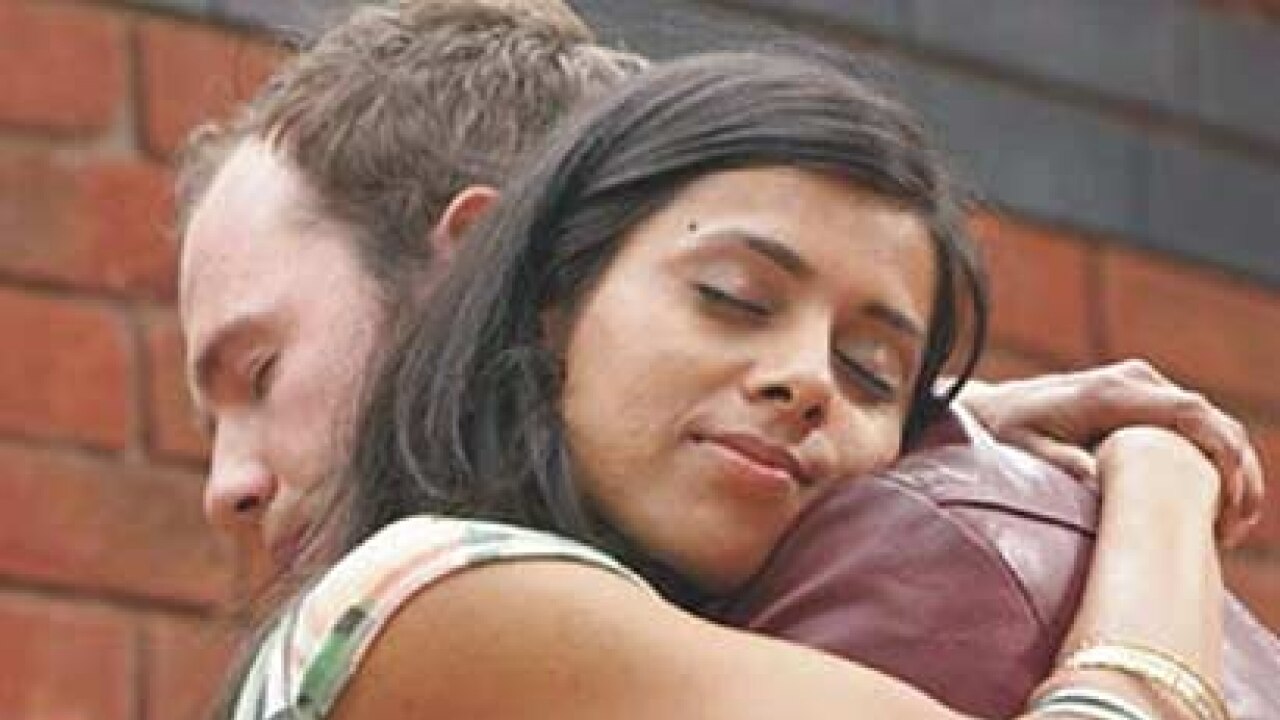
Film-maker Avantika Hari Agrawal questions the practice of honour killings through her debut film Land Gold Women. She speaks about the message she wants to get across to her viewers:
What made you choose a grave subject like honour killing for your debut film, Land Gold Women?
An article in a local newspaper in London caught my eye when I was a student at the London Film School. I was so intrigued that I decided to research the issue more and I found a lot of misconceptions.
I also got to meet victims of honour crimes. After hearing their stories, I felt I had to do something and hence, decided to make a film. It’s an Anglo-Indian collaboration about a problem that affects thousands of women in Britain and across the world.
Is that the storyline of Land Gold Women?
Land Gold Women revolves around a small British-Asian family caught between their traditional past and the tumultuous, faction-driven present and has been shot on location in Birmingham.
At the core of the film is the relationship between a father and his daughter and how the dynamics of it play out when she decides to take her own decisions.
Do you think your film will deliver the message across?
Honour killing is a social malaise — an outdated, anachronistic practice that shouldn’t be tolerated in this day and age. The film has already garnered worldwide attention through the festival circuit — it has been screened at more than 20 international film festivals and garnered seven international awards.
How do you plan to promote the film in India and UK?
Vivek Agrawal (producer) and I are in the midst of launching The White Ribbon Movement to end domestic violence in India. We’re engaging with NGOs, educational institutions, corporates and media in India and abroad to raise awareness on the issue through college screenings, street plays and seminars.
The film has been told from the perpetrator’s perspective and becomes an invaluable, well-researched tool to understand the origins of the practice and the reasons for it to be continued today.
If we question why this happens and understand the psyche of a person who commits it, we become more empowered to stop the phenomenon.
In spite of all talks about liberalisation of women, we seem to fall short somewhere…
This is because we, as individuals or as a collective social unit, have not strongly committed to ending crimes against women. It’s easy to pass the buck on the government but even civil society has a role to play in condemning violence against women. That’s what we are aiming at through the White Ribbon Movement.
Was film-making always your calling?
I was always a story teller. I grew up in a school that encouraged artistic expression and creativity and with Land Gold Women, I hope to ensure that the youth work together to find effective solutions to fight violence in their lives.